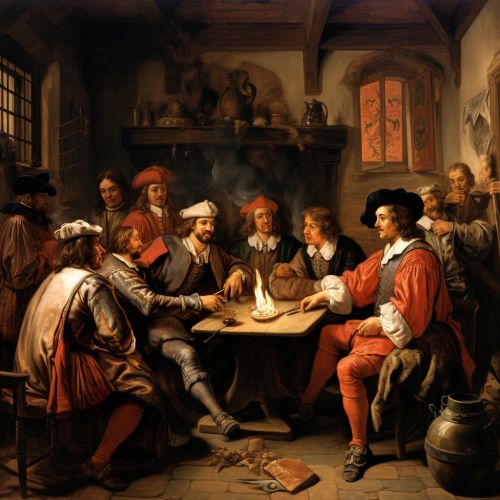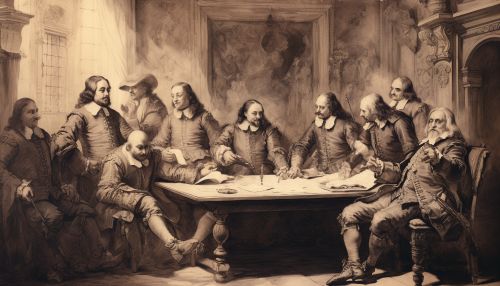Liberalism
Origins and Development
Liberalism is a political and moral philosophy based on liberty, consent of the governed and equality before the law. Liberals espouse a wide array of views depending on their understanding of these principles, but they generally support free markets, free trade, limited government, individual rights (including civil rights and human rights), capitalism, democracy, secularism, gender equality, racial equality, internationalism, freedom of speech, freedom of the press and freedom of religion.


Liberalism became a distinct movement in the Age of Enlightenment, when it became popular among Western philosophers and economists. Liberalism sought to replace the norms of hereditary privilege, state religion, absolute monarchy, the divine right of kings and traditional conservatism with representative democracy and the rule of law. Liberals also ended mercantilist policies, royal monopolies and other barriers to trade, instead promoting free markets.
Philosophical Foundations
The philosophical foundations of liberalism are rooted in the writings of John Locke, an influential Enlightenment thinker often known as the "Father of Liberalism". Locke argued that each man has a natural right to life, liberty and property and according to the social contract, governments must not violate these rights. Locke's ideas were closely followed in the United States Declaration of Independence.
Liberalism is also associated with the economic theories of Adam Smith, who is seen as the theorist of capitalism. Smith believed that free market economies were more productive and beneficial to their societies. He argued that the invisible hand of the market would guide supply and demand and foster innovation and efficiency.
Types of Liberalism
Liberalism encompasses several distinct types, each with its own emphasis. Classical liberalism, deeply rooted in the Age of Enlightenment, places a high value on the freedom of individuals — including freedom of thought, speech, and markets — as well as limited government and the rule of law.
Social liberalism, also known as left liberalism in Germany, modern liberalism in the United States and new liberalism in the United Kingdom, is a variant of liberalism that endorses a regulated market economy and the expansion of civil and political rights. Under social liberalism, the good of the community is viewed as harmonious with the freedom of the individual.
Libertarianism, or market liberalism, includes a spectrum of political philosophies including anarcho-capitalism, minarchism, and classical liberalism, all advocating minimal state intervention in the economy and the upholding of the rule of law.
Liberalism in Practice
In practice, liberalism has been a major component in the development of representative democracy, notably in the United States and France, before spreading to other nations. It has also greatly influenced many constitutions, worldwide laws and institutions, as well as politics, culture and the global economy.


Criticism and Controversy
Liberalism has drawn both criticism and support in its history from various ideological groups. For conservatives, liberalism often seems too permissive and lacking in moral standards. For socialists, liberalism is often seen as too tied to capitalism. For nationalists, liberalism can seem too internationalist or cosmopolitan. For radicals, liberalism appears too moderate or cautious.
